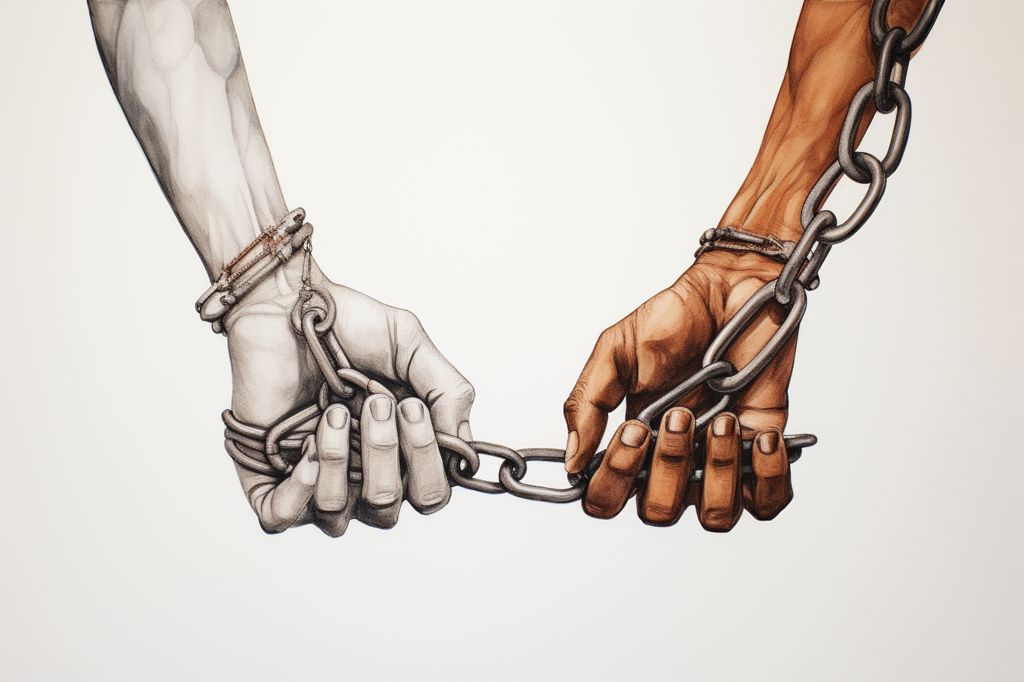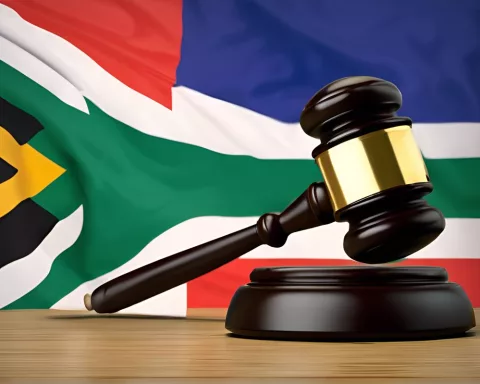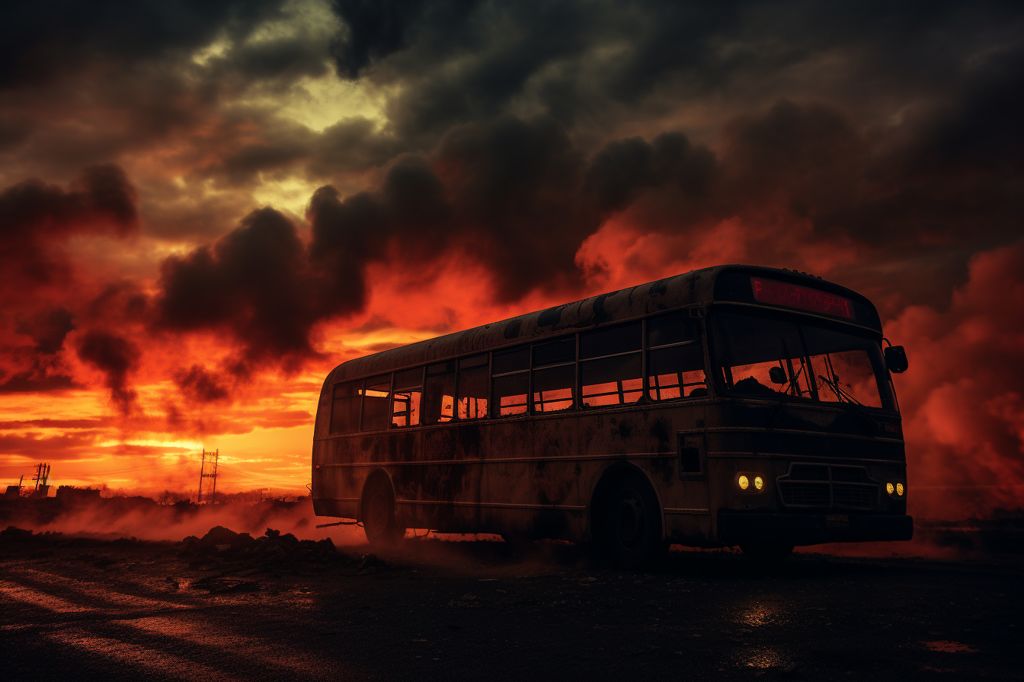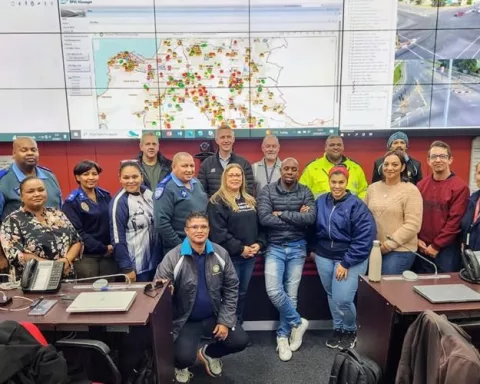South African entrepreneur and author Vusi Thembekwayo has expressed his disappointment with Tesla CEO Elon Musk’s recent controversial tweet about Julius Malema. Malema is the leader of the Economic Freedom Fighters (EFF) party in South Africa and was accused by Musk of inciting genocide against white South Africans during the party’s 10th anniversary celebration by singing the struggle song “Kill The Boer.”
Musk’s tweet called for South African President Cyril Ramaphosa to take action against those who stir up racial tensions. This tweet sparked immediate backlash from South Africans who believe that Musk’s comment was uninformed and reductionist.
Thembekwayo’s Criticism
Thembekwayo expressed his disappointment in Musk’s tweet and urged him to educate himself about the matter. Thembekwayo also pointed out the danger of adopting an “us versus them” mentality that could exacerbate existing tensions. However, Thembekwayo’s stance garnered both agreement and pushback from netizens.
The Debate
Some netizens argued that Malema’s choice to sing “Kill The Boer” was deliberately provocative. Others disagreed with Thembekwayo, stating that the song does incite violence given South Africa’s long history of brutal crime. This incident highlights the intricate and delicate nature of race relations in South Africa, a nation still grappling with the lingering effects of apartheid.
The Importance of Understanding Complexities
The public debate surrounding Musk’s tweet underscores the importance of understanding the complexities of racial issues in South Africa. It is crucial for high-profile figures to approach these matters with sensitivity and nuance. Meaningful dialogue is necessary to move away from a divisive “us versus them” mentality in order to foster a more united and harmonious society.
The Elon Musk-Julius Malema controversy serves as a reminder that racial and cultural tensions often require a more nuanced understanding than what can be gleaned from a brief social media exchange. Recognizing the historical context and contemporary implications of these issues can help to navigate the complexities of South African society and promote unity, rather than division.












